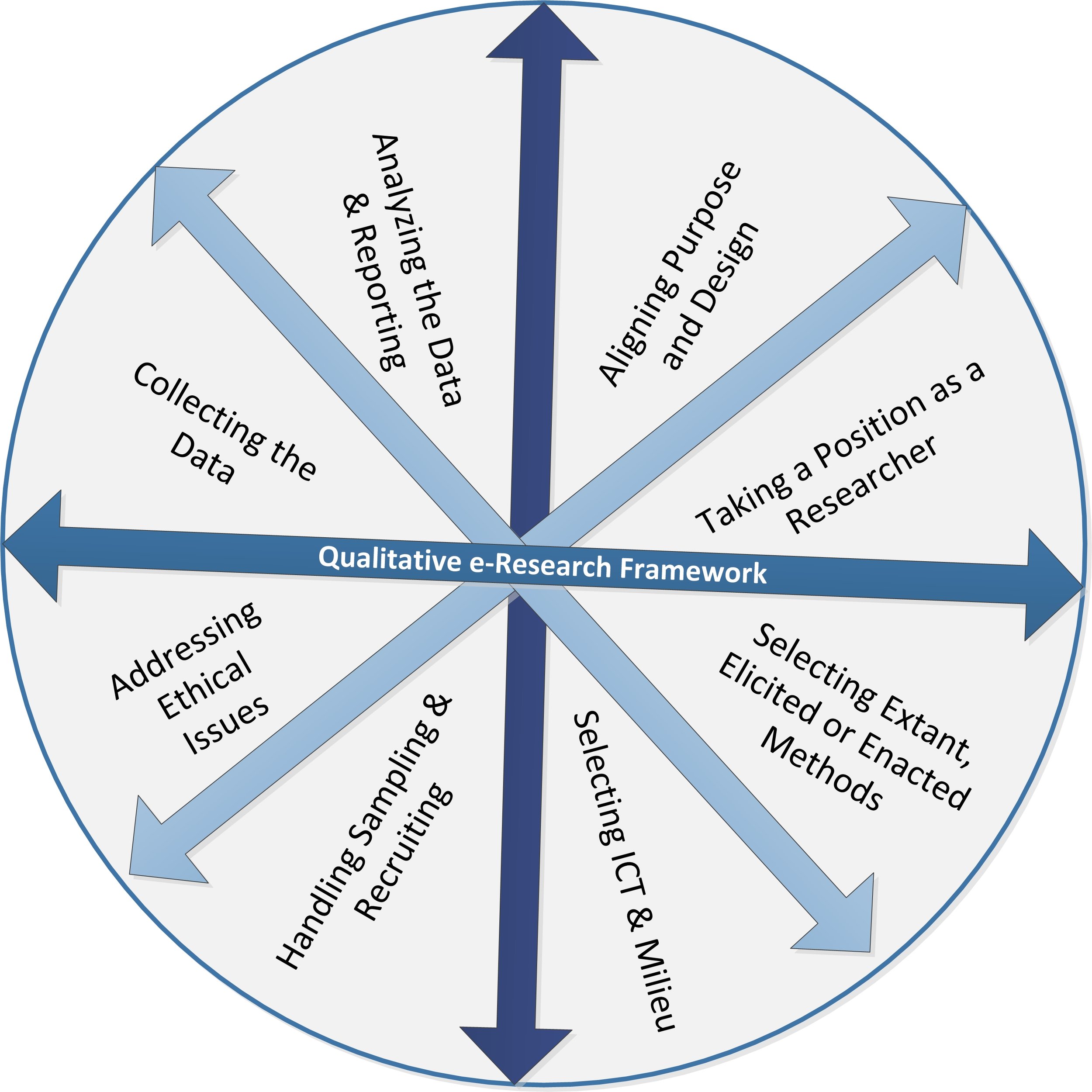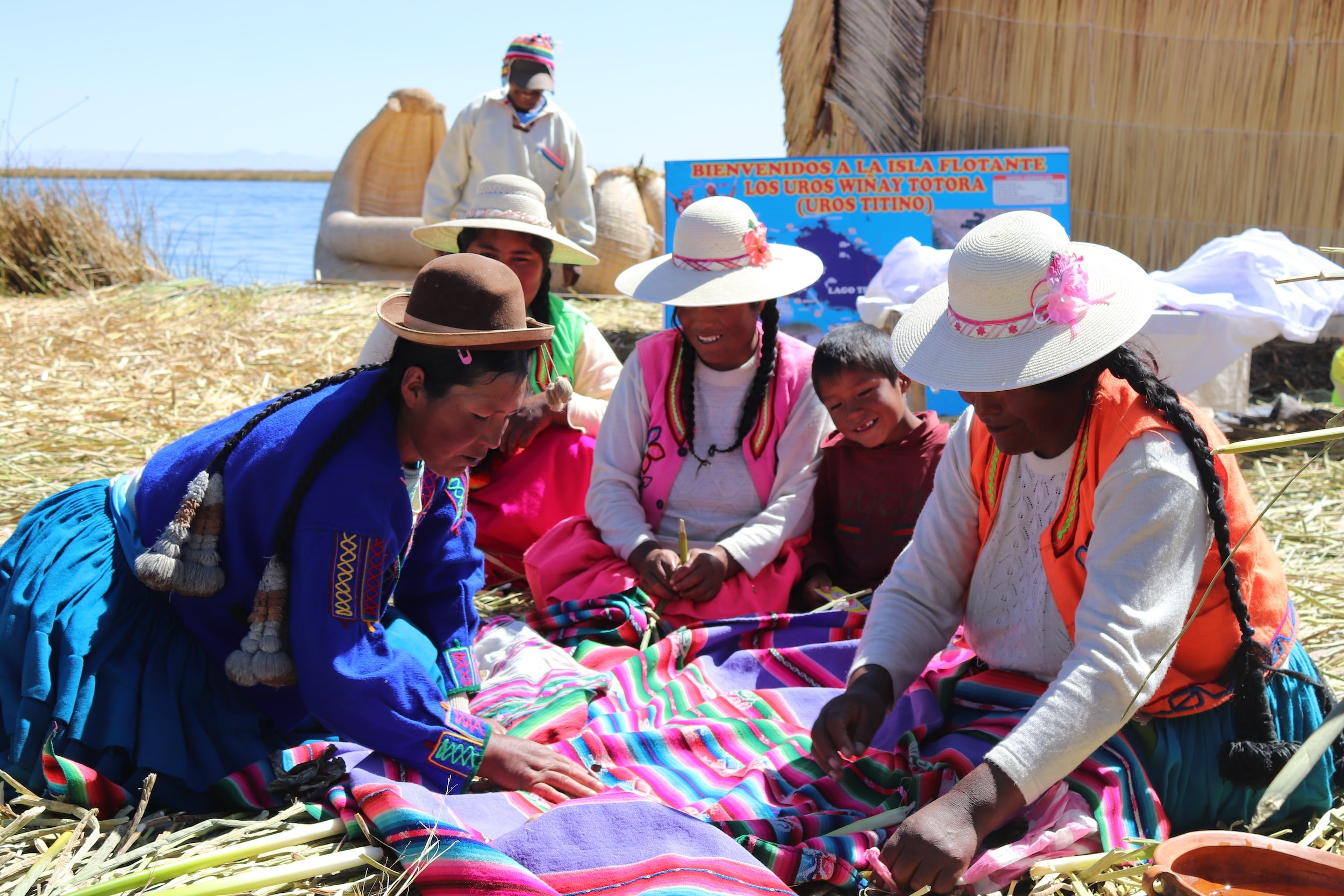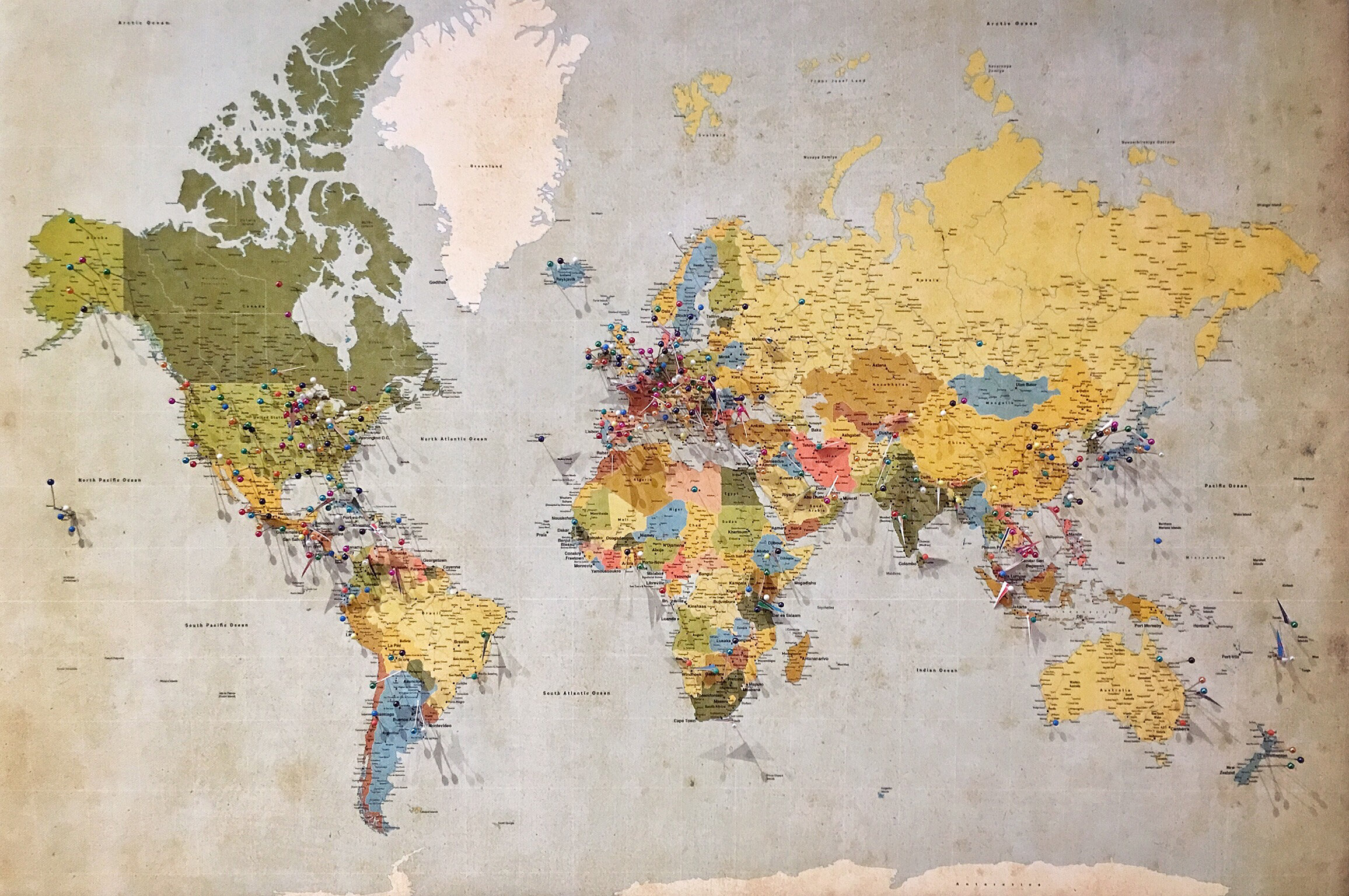Researchers collaborate to be PREPARED for the next global crisis
Research is highly difficult during a global crisis but at the same time essential.
Given the difficulties that emerged with the global Covid pandemic, the European Commission decided to fund the PREPARED project. The aim of the project is to develop an ethics and integrity framework to guide researchers working to prevent and address large-scale crises.
50 experts and stakeholders from around the world met at the UN University in Bonn to kick off the PREPARED project from 27-29 Sep 2022. Methodspace Zoomed in for a panel that allowed those of us not present for the meeting to hear key points from the discussion. (View the recording.)
A second PREPARED meeting was convened in June 2023 at the UNESCO headquarters in Paris, and again, Methodspace facilitated an online panel. (View the recording.) Topics of discussion included:
Can the silos of research ethics and research integrity be bridged?
Can research be accelerated whilst maintaining high ethical standards?
Which ethical values are important in guiding research during crisis?
How can groups who suffered disproportionally during COVID-19, including researchers, be better protected during the next pandemic?
How can researchers reach policy makers?
How can research become less risky for marginalized populations?
Now PREPARED has assembled a detailed report about these discussions and the next steps for this important project - access the report here.
View an animated introduction to the PREPARED project.
Learn More about Equitable Research Partnerships
Watch the Webinar: While in the past we needed to travel in order to conduct international research, today we can bridge borders with a click. However, designing, planning, conducting, and publishing international research in an ethical and respectful way is not so simple! Methodspace hosted four members of the Research Ethics journal’s editorial board for a candid and informative discussion about ethical challenges and opportunities for international research. To follow-up the webinar Doris Schroeder, Samuel Ujewe, Kate Chatfield, Syntia Nchangwi, Charles Weijer answered questions in this post.
Equitable Research Partnerships instead of Helicopter Research: Guest post by Doris Schroeder, Charles Weijer, Syntia Nchangwi and Samuel Ujewe.
The TRUST Code: A Global Code of Conduct for Equitable Research Partnerships is a resource for all research stakeholders who want to ensure that international research is equitable and carried out without ‘ethics dumping’ and ‘helicopter research’. Sage adopted the Trust Code in July 2023.
PREPARED Coordinator Doris Schroeder is a co-editor on Equitable Research Partnerships: A Global Code of Conduct to Counter Ethics Dumping, which you can downloaded free in PDF or EPub formats.
Research Ethics and COVID-19: Interview with Special Issue Editors Doris Schroeder and Kate Chatfield, about cross-cultural research ethics articles in a special issue of the open-access journal, Research Ethics.
More Methodspace Posts about Research Ethics
Watch the recent, thought-provoking webinar focusing on the integration of generative AI tools within academic settings. The engaging guest speakers, Dr Leo Lo and Dr Tom Chatfield, delved into the significance of AI literacy for researchers, educators and students, as well as discussing best practices and ethical considerations.
Access new webinar on conducting research with historically marginalized communities, featuring Dr. Shotonda S. Jones (St. Bonaventure University) and Dr. Shantoyia (Toy) Jones (Xavier University of Louisiana).
The public is exposed to news stories about bad academic research behavior online. How can we counter this narrative and build credibility?
Do you think about research questions as an insider, outsider, or somewhere in between? Why is positionality important in online research?
Given the difficulties that emerged with the global Covid pandemic, the European Commission funded the PREPARED project. The aim of the project is to develop an ethics and integrity framework to guide researchers working to prevent and address large-scale crises. Find meeting reports, recordings, and related posts.
Learn about ethics and consent for online research from the perspective of an institutional review board member.
In the 2nd quarter of 2023 the Methodspace focus is on ways to collect data. Since June is Pride Month, let’s look at experiences of LGBTQ+ researchers, and methodological and ethical dilemmas.
What ethical issues face researchers who study online comments? Paul J. Reilly offers explanations and an open-access research case.
Online researchers face design challenges because they must also consider the implications of the technologies used in the study. By using an iterative, holistic approach, you can look inter-related dimensions of the design.
Images or other creative expressions generated by participants can offer rich sources of data. What are the ethical issues in such studies, and how can we navigate them? Find examples and guidance in this collection of open-access articles.
Many Methodspace researchers conduct independent research, or are in situations where they do not have access to an Institutional Review Board or other ethics review options. Working with a private agency is an option, as described in this guest post.
This post offers research examples in open-access articles about ethical, respectful, research with Indigenous people and communities.
This collection of open-access articles offers multiple perspectives on the use of Big Data and ethical protocols for computational research methods.
Sometimes we cross borders as well as cultures, other times we find very different cultures in our own neighborhoods. Ethical issues carry more weight when languages, norms, and expectations are grounded in cultural identities. This collection of open-access articles offers insights into research ethics in cross-cultural studies.
Does a signed agreement verify that someone is truly informed and willing to volunteer as a research participant? There are no simple answers to this question! This collection of open-access articles offers a variety of perspectives on the forms used for informed consent agreements.
The Methodspace focus for August 2022 is on research ethics. While following the guidelines and protocols from your institution can be challenging, the dilemmas multiply when you conduct international research. Find open access resources and articles in this post.
A discussion of ethical issues from Maria Lahman, author of the forthcoming book Culturally Responsive Qualitative Research.
Jessica Lester and Michelle O’Reilly discuss ethics in sensitive research with children and youth, and offer practical tips.
Research Ethics is a fully open-access SAGE Journal. Learn more in this post.
How can you reduce or eliminate fraudulent responses to online surveys? Jennifer Lawlor explains.
One of the topics of most concern for ethics reviewers is the inclusion of vulnerable participants. In this post find definitions and a collection of open-access articles.
Dr. Nathan Durdella offers tips for researchers who want to include individuals and groups who have been historically excluded from full participation in society.
The focus for August 2022 aimed at helping us “Be an Ethical Researcher.”
New research ideas must typically be approved before the study can begin. Don’t hit a brick wall! Use these suggestions from Dr. Nathan Durdella.
Natalia Reinoso Chávez answers questions raised in the Research Ethics in Practice webinar.
Dr. Cheryl Poth discusses basic principles and key ethical issues for researchers.





























The wealth of material available online is irresistible to social researchers who are trying to understand contemporary experiences, perspectives, and events. The ethical collection and -use of such material is anything but straightforward. Find open-access articles that explore different approaches.